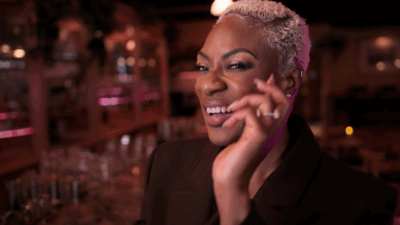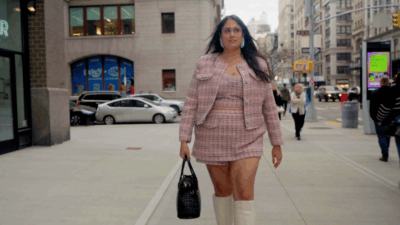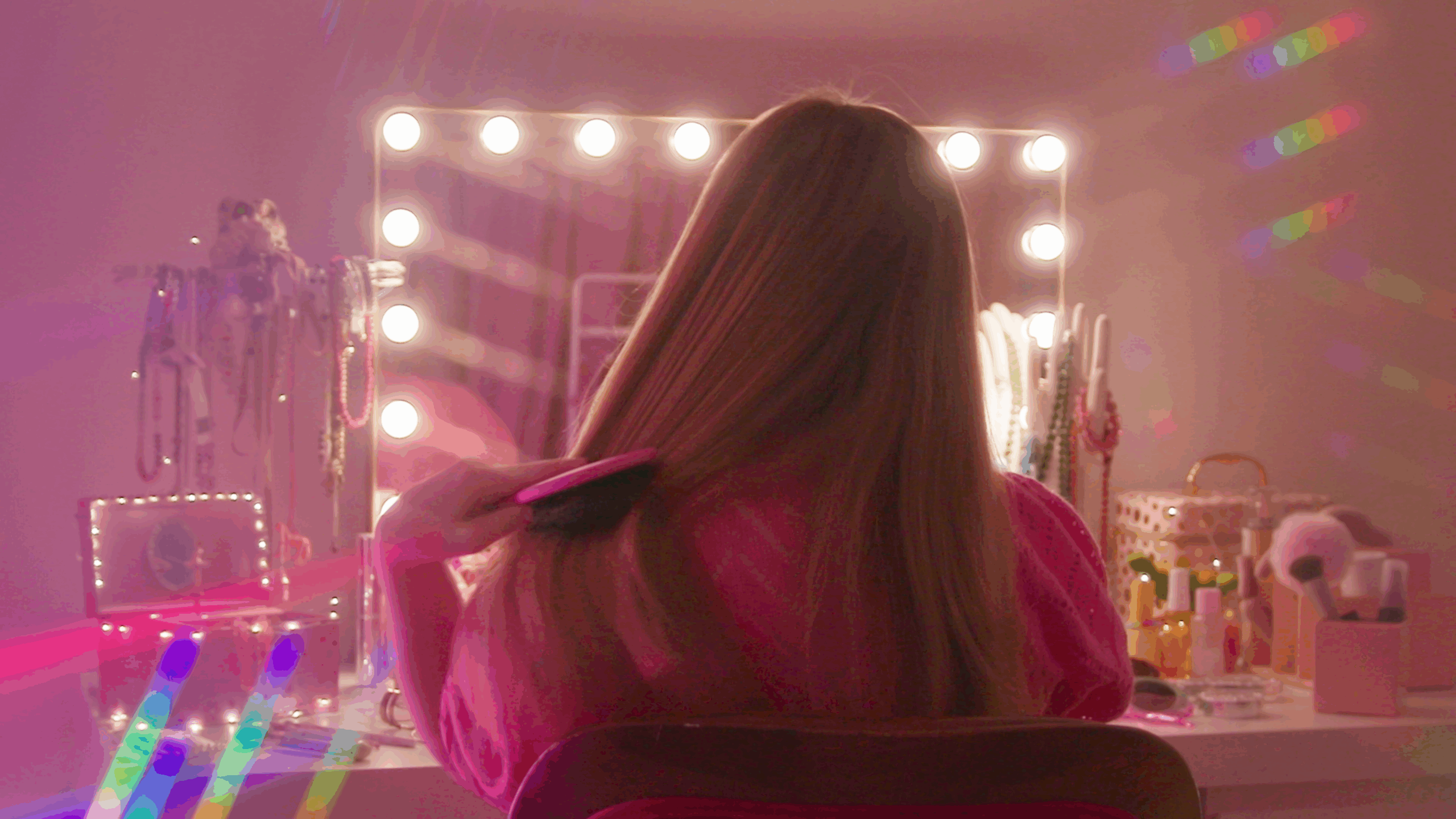You don’t have to spend long on TikTok to find a trad wife, a Sephora kid, or even a self-described bimbo. Trends themed around hyper-femininity have skyrocketed in recent years, and a new documentary is taking a deep dive into what’s behind this viral phenomenon. Streaming now on CBC Gem, Big Feminine Energy investigates the driving forces behind these recent movements, and how they are reshaping our identities, ideologies, and definitions of femininity.
With a range of stellar guests, including Canadian R&B star Jully Black, Olympic pole-vaulter Alysha Newman, and culture critic Rayne Fisher-Quann, the documentary is a platform for women across backgrounds, generations, and professions to share their lived experiences, along with insights from experts, historical anecdotes, and some light humour.
Toronto-based director Susan Schafer wanted to speak to as many women as possible to truly understand how these online trends manifest in women’s lives.
“Because I’m a woman, it was just so inherently interesting to dive into this type of subject matter and get the valuable opportunity of hearing from so many different women,” she says. “I feel really grateful to have that human connection.”
We asked Schafer to share some more insights into the making of this fascinating documentary and what she learned about viral femininity trends in the process.
What did the research process for Big Feminine Energy look like? We’re assuming plenty of time on TikTok?
I’m not as much of a personal user of those platforms. So it really meant diving in, looking at some of these hashtags around trends like the trad wife, the return of the bimbo, and girlhood. That was one part of the research, scouring the conversation online, reading a lot of different perspectives. But for me, most importantly, part of the process was talking to women at the ground level. How is this impacting people—individually, emotionally, spiritually, physically? I wanted to hear from women connected to these different trends before we made any narrative decisions.
You have some incredible guests in this documentary! Can you speak to how you chose who would be featured in the film?
I’ve been lucky throughout my career to do a lot of chase producing and casting, and a really important part of storytelling for me is to connect with people who have a story to tell in such an engaging way. I wanted to also speak to people from different generations. I wanted to talk to people younger, talk to a generation that’s on TikTok, that’s really immersed in it. So we have a few younger 20-somethings in the documentary, and we have some older women, like Jully Black, who is going through menopause. So, really trying to talk to women at different stages of their lives, a real cross-section of women from different backgrounds.

What is something you wish more people knew about the trends they’re scrolling past, like trad wives or hyperfemininity?
I would hope people come to these conversations with a bit more curiosity, like, why is this a trend right now? There’s often a social or cultural issue that maybe hasn’t been solved, like women needing more support for things like daycare, or being a mother and having a career. Oftentimes, it’s not necessarily about femininity, but something else happening in our culture, in our society, that hasn’t quite been figured out. And so you can see why people latch on to these different trends that promise an easier way, a happier way.
Was there something surprising or new you learned in the making of this film?
The conversations on TikTok and social media can also be really positive. For example, the conversation around women’s health and women’s intimate health. There’s been a whole community of people being super vulnerable, super open about their experiences with things like menopause and sexual health. And for me, that was really sort of a silver lining of some of these trends. They’re not just all negative. There can be positive communities and conversations that come out of this.

What do you hope viewers reflect on after watching Big Feminine Energy?
I love watching a documentary that leaves me with more questions than answers. If I have a curiosity about a topic, I feel that’s a successful documentary. It’s femininity—it’s so complex, it’s so nuanced, we’ll never be able to tie it up in a perfect little bow. But if viewers can leave with an interest in thinking about, are these empowering, are they not? Asking questions—that’s what I really was hoping.
What are some other conversations you think we need to be having about femininity?
If you have a platform, there is a responsibility. Other people are watching these channels, especially young women on TikTok who are bombarded with so many different ideas of what femininity is. So I hope we just have bigger conversations about what our sense of responsibility is in how we talk about femininity. We should all have that agency, but other people are watching, and it does impact their psyche and maybe their own expression of femininity.



 Follow Us On Instagram
Follow Us On Instagram
